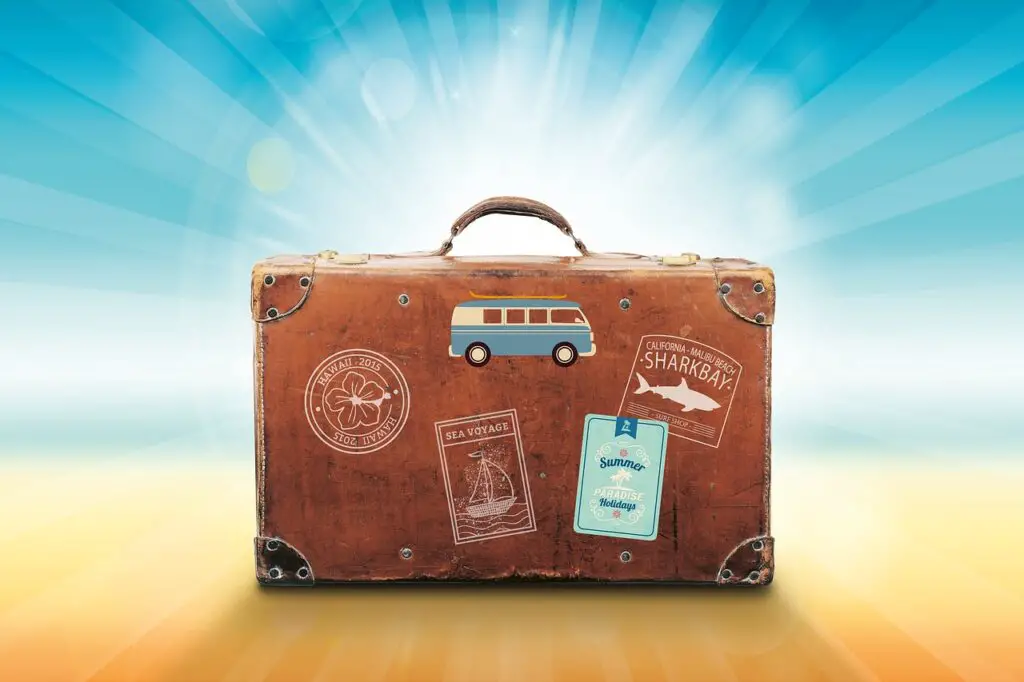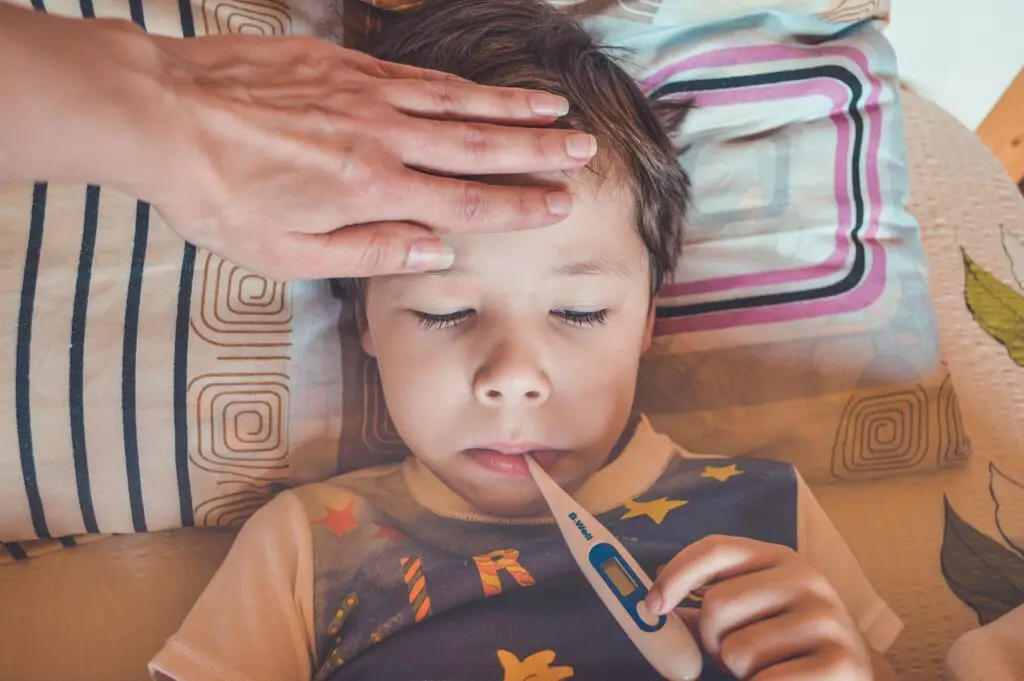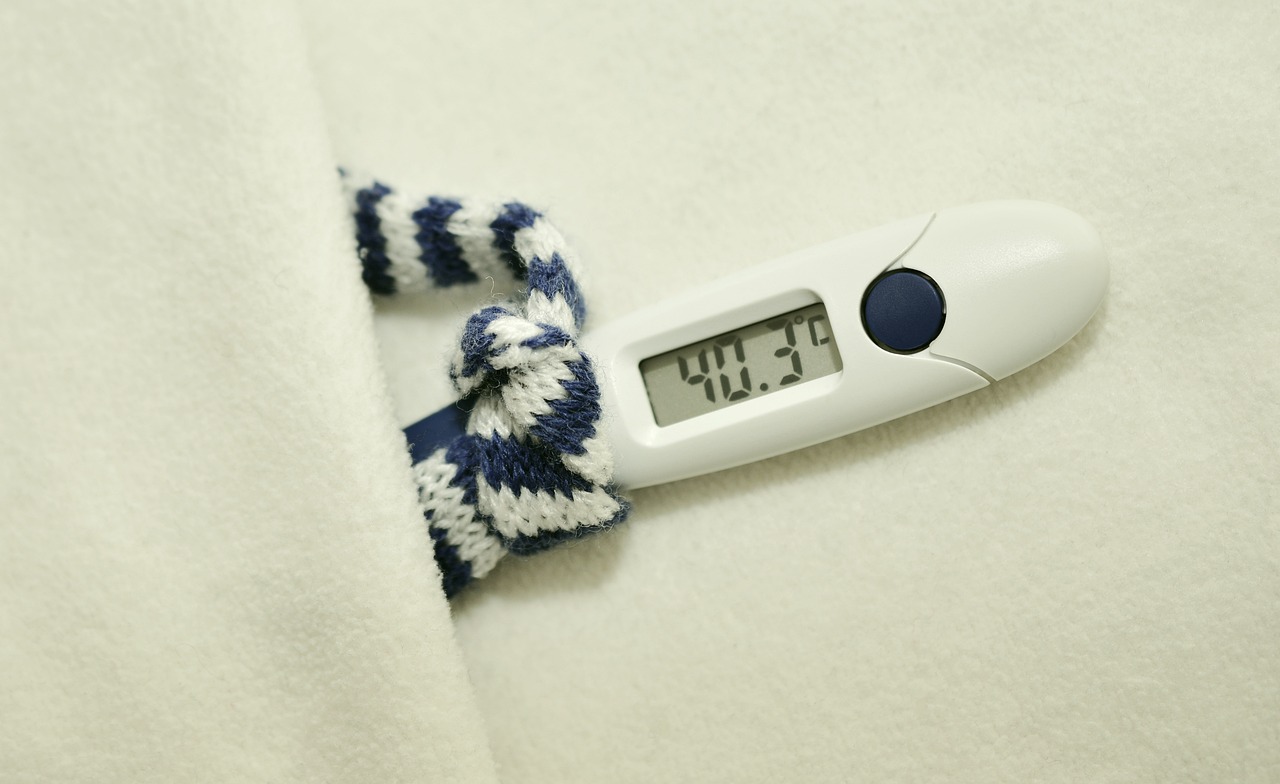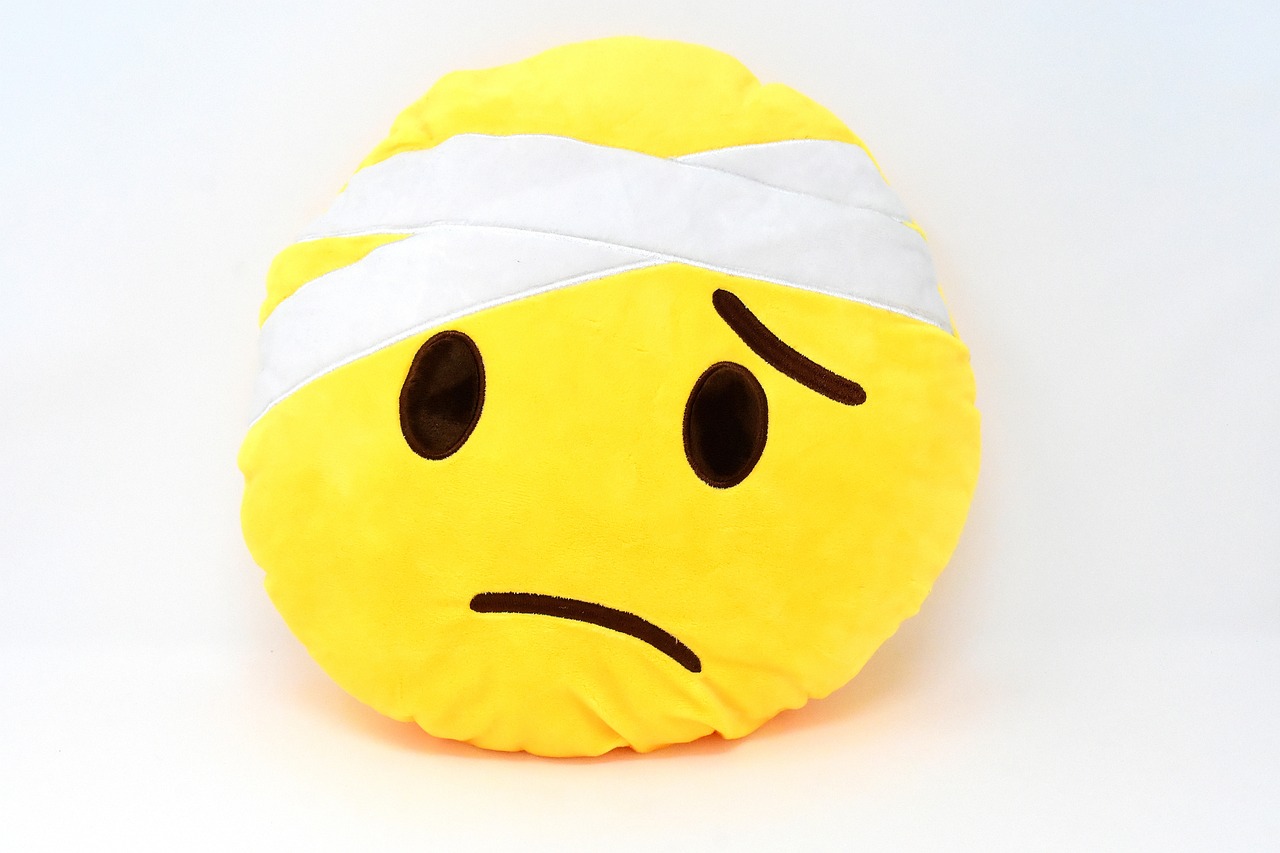While it might be great to travel, there is always a chance that one will fall sick and ruin such a wonderful experience.
The team has compiled some of the best steps to take if, for whatever unfortunate reason, you were to fall ill on your vacation. We have pieced together our best research and personal experiences in creating this guide to walk you through how to handle such instances with greater surety and poise.
Prioritize Your Health: What to Do Immediately
When you fall sick, your health comes first. Once, while traveling through the highlands of Peru, I suffered in silence and immediately did what needed to be done. Here is what to do:
- Rest and hydrate: On my mountainous trip in Peru, I learned about rest and hydration. I felt that the more comfortable I was while resting-with a lot of fluids-it recovered me much faster. Whether it is a quiet corner of the hotel room or a cozy café, make sure you are resting comfortably.
Note symptoms and their severities. Are you experiencing a mild headache, or are you having a high fever? Knowing your symptoms will pave the way to deciding whether you can manage yourself or if professional help is necessary.
The CDC adds that one of the common problems when travelers get sick is dehydration, and the need for hydration is key.
Get Local Medical Attention
Know your condition, and then go for advice. How to go about it is explained here; from my experience of traveling, I will share it with you below.
At one time, while in Thailand, I had a small infection that required me to see a doctor. I located a nearby clinic by Google Maps. It is very important to select a good facility; ask your hotel staff or local people for recommendations, as they can advise well.
Thailand was also a problem regarding the language barrier. I could only get across well with the healthcare professionals because of translation apps. Should you find yourself traveling to a place where English is not spoken, apps like Google Translate will ensure that the gap is well bridged.
Indeed, according to a report in the Journal of Travel Medicine, almost 70% of travelers who became sick during international travel sought medical attention at local clinics.

Know Your Travel Insurance
Travel insurance saves your life when you fall sick. Here’s how you can leverage most from it, drawing from my own experience:
Before flying to Italy, for instance, I studied my policy about travel insurance in the tiniest details. Of course, it covers medical expenses and understand the procedure for claiming it. Others offer 24/7 assistance services that may prove invaluable to you once you’re finally in a foreign country.
When I traveled through Spain, for example, I had to attend a local doctor. One thing that I made sure of was keeping all my receipts, medical reports, and any other document concerning my illness. This documentation is one of the things that contributed vastly to my claim on contacting my insurance company.
Communicate with Fellow Travelers
This is quite significant in the event that one will travel with other people. Here are how you can have the upper hand in this regard in these stories about my travels:
Keep Them Informed: I once was sick while on one of my many US road trips. My fellow travelers appreciated being let in on what was going on so they could help make modifications to our plans to enable me to get some rest.
Contingency Planning A plan can also reduce stressors. Go over some scenarios with fellow travelers and come to a mutual agreement on how to handle them including who will be in charge of modifying your travel plans in case rest or medical care is needed.
In fact, according to the latest research article published in the Journal of Travel Research, 55% of tourists who have fallen sick on a trip preferred their companions to be informed and included in decision-making.
Leverage Technology to Your Advantage
Technology can be a big ally when you are sick overseas. Here is how you can make good use of technology:

Personal experience: I once tracked my symptoms through an app and received advice on when to seek medical help. Apps such as WebMD and HealthTap provide symptom checkers and access to medical advice that can direct one in their next move.
With many countries having online pharmacies, if your medication is needed, you can place an order and they deliver it to your accommodation. This I found particularly useful on a trip to Greece wherein I had to get some over-the-counter medication.
Follow Local Health Guidelines
It is good to learn what one can do locally to keep oneself healthy in various countries. How you navigate it is based on experiences.
Understand the local health practices. For instance, traveling in Japan, all it would take was putting on masks and using alcohol and hand sanitizers. This, when understood and kept into observance, saves you from further complications.
- Vaccinations and Precautions: Most places usually recommend that visitors take some vaccinations or take some health precautions. On my tour in South America, I must ensure I was administered with all the recommended vaccinations and adhered to the local health advisories to the latter.
Keep Healthy Lifestyle
Not to be sick is just as valuable to be treated. Here is how to stay healthy while traveling, in my view:
I know this from experience, which I learned the hard way when I first went to India: eat only at reputable restaurants and always drink bottled water. At all costs, one should try to avoid street foods or tap water in any area where sanitation may be questionable.
Regular exercise along with adequate sleep is necessary for your well-being. Do light exercises during the journey and take ample sleep.
Keep Cool and Keep Control
While falling sick in some foreign land may lead one to panic or become hysterical with their sickness, on the contrary, being calm will help you attend to your own self effectively.
Having gone through food poisoning myself once during a trip to Morocco, I knew well that one has to be levelheaded and focused. Take deep breaths, evaluate your situation, and start formulating a plan in your head.
Panicking will make things even worse, but a clear mind will help you make wise decisions on what to do next. Remind yourself that getting sick while traveling is nothing strange or weird that happened with you and many travelers around the world went through similar mishaps.
Contingency Plan
Agreed by our team upon one of the great advice is to first of all have a backup plan before you have even started your travel. Prepare a decently filled first-aid kit and inform yourself about any medication you will be needing during your travel. Get familiar with the location of nearby hospitals or clinics once you reach your destination.

For instance, one of our group members always saves a list of medical facilities where she will be visiting into her phone for quick reference. Also know how local health care works in the country you will be visiting-this can save a significant amount of time should you not be feeling well.
Know Your Limits
Although this may be quite difficult, and it is tempting to continue through sickness so as not to miss out on your trip, it is always good to listen to your body. Early symptoms of exhaustion got the better of me after I had failed to pay attention to them on a hiking trip in the Swiss Alps. Lesson well-learned: paying no attention to minor symptoms can crescendo into something worse.
These rest, take a break at times, and recover fully before continuing your activities. It may be disappointing to miss an excursion or some day of adventure, but it is much better instead of risking health on the basis of finishing an itinerary.
Local Foods and Hygiene
Dietary habits also contribute greatly to either the prevention or enhancement of travel-related illnesses. During my visit to Southeast Asia, I knew that paying attention to what you eat or drink would make all the difference. Stay with bottled water and if unsure of the water quality locally, avoid ice.
Choose restaurants that have high standards of hygiene and be leery about street food. While part of the local culture, poorly prepared or treated food can easily cause an upset stomach or worse. Contaminated food and water is one of the most prevalent causes of traveler sickness, so it pays to be mindful of your diet. Stay Positive
Finally, a positive mental outlook will undoubtedly help you heal far faster.
Documentation and Reflection
Once you have recovered, it is helpful to document your experience. Here is why and how to do it: During my stay in Portugal, I kept a health journal, which accounted for symptoms, treatment, and the process of recovery. This allowed not only recollection of the given experience but received so much useful information if such an issue was to happen in the future. Furthermore, being able to share experiences with other travelers might bring quite a number of useful tips and recommendations.
HOW OUR TEAM CAME UP WITH THIS?
Drawing on our own experiences and the stories of fellow travelers, we set out to compile this guide. We have spent ten years traveling off the beaten path and know firsthand how sick one can get-from simple colds to other, more serious health scares-so we know how frightening it is to become ill far from home.
We called upon all our expertise regarding what to do when stuck in foreign health services or having to make do with a first-aid kit somewhere really remote. This is the result-a practical guide with advice and reassurance to anybody who finds themselves feeling unwell away from home.

CONCLUSION
Of course, no one wishes to become sick while traveling, but there are effective ways to handle such a situation. Hereby, our team draws from insight and personal experiences in arming you with knowledge and tools so that you feel confident in handling any illnesses that might arise. Prioritize your health, get local medical advice, know your travel insurance, keep your fellow companions updated, and use technology to your advantage.
Take note of the following steps to ensure that this temporary setback does not cast a shadow over your travel adventure. Safe travels, and healthy ones!


Leave a Reply